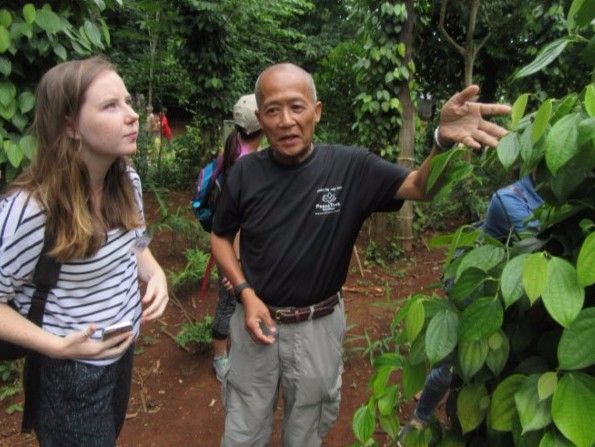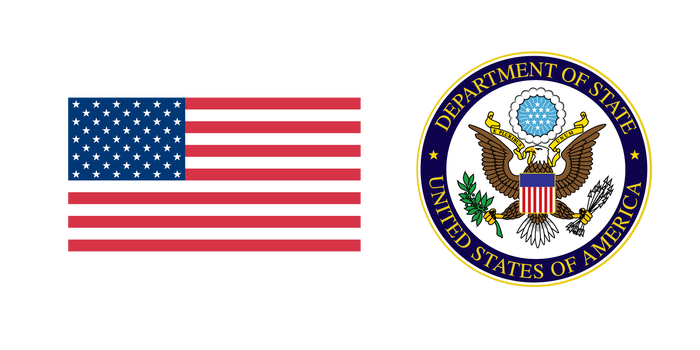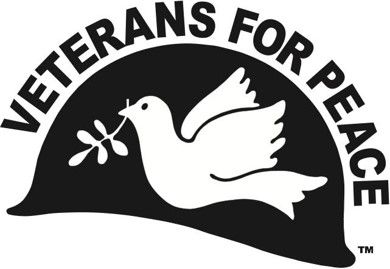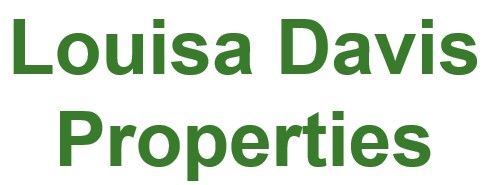Traveler Testimonials
Finding Peace with PeaceTrees | A Heritage Traveler Reconnects with Vietnam
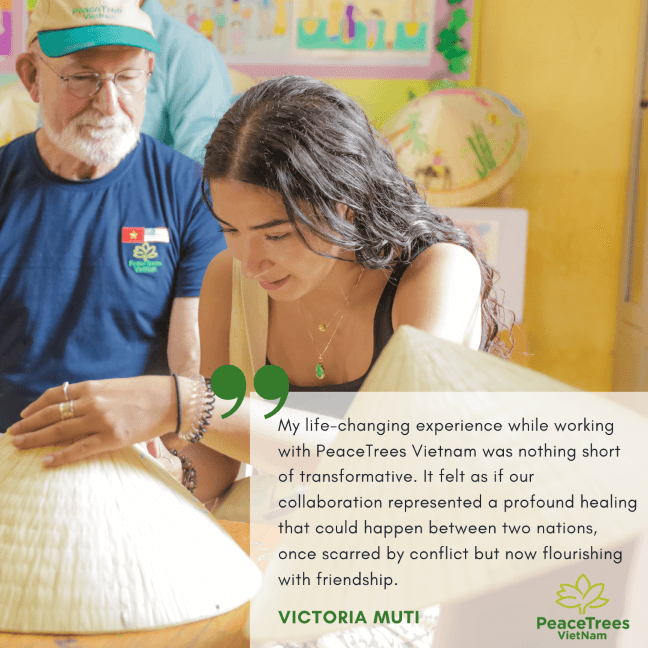
My mother was only ten years old when she tightly packed the essence of her existence into a little backpack before leaving into the night on April 29, 1975, the day before the Fall of Saigon. Little did she know that would be the last time she would ever see her house, her dog, or her country. As darkness shrouded the night, her parents shielded her eyes as they drove past the tanks and militarized men that lined the streets, preparing for the siege that would take place the next morning. After a long and bumpy car ride, she and her family arrived at the port and were herded onto a crowded boat, unsure where they were headed. Days passed until they eventually arrived on the distant shores of Guam, an unexpected sanctuary that would become their new home. For the next three months, they found solace in songs of the country they left behind and reminisced on memories of simpler times. With their minds set on the American dream, they waited three months vying for the opportunity to go to the United States. Once again, they gathered their belongings and uprooted their lives as they embarked on another journey to a foreign place that promised a better life. After several weeks packed on a boat, they finally arrived at the Land of the Free. However, freedom looked a little different than they had expected as they were put into another refugee camp in Fort Chaffee, Arkansas. Once again, they patiently waited for another miracle until they were graciously sponsored to go to Seattle by the generous families of the University Lutheran Church in the University District.
Now, almost 50 years later, I pass by that church every day as I walk to my classes at the University of Washington. I feel so grateful, not only because I represent my family's strength and resilience, but because the University of Washington has allowed me to learn about my heritage and my family’s past. Growing up, I had never heard much about the Vietnam War. All I knew was that was why my mother and her family ended up here. It wasn't until I started taking classes on immigration and diasporas that I learned about the complex history of the war. This gave me the space to start an open dialogue with my mother, where I was finally able to hear her story. It ignited something within me, an insatiable need to understand, and I knew I needed to learn more. Thanks to the university, I was given the opportunity to study abroad in Vietnam, where I would learn about the legacy of war and volunteer with PeaceTrees. This would be my first time ever going to Vietnam, and I knew I needed to share this experience with my mother.
Tears welled in our eyes as my mother and I touched down in Ho Chi Minh City, standing on the very soil she had left behind in 1975. My mom had returned to Vietnam for the first time since she left in the Fall of 2022 but felt too emotional to visit the places she once knew. Before my trip, I had spent countless hours on Google Maps’ street view, tirelessly trying to match the pieces of stories and descriptions I had heard to actual locations and landmarks. Eventually, I had finally found my mom's old elementary school, with its distinctive yellow gate, the same one she had once slipped through to run home to her mother. Later, I found my grandparents old house, whose big ornate eaves mirrored the ones captured in a faded photograph of my grandmother standing on the balcony. We went to the zoo, where my mom remembered spending her weekends. We found the spot where they once took a family picture, and we recreated it ourselves. We even met with her long-lost cousins whom she hadn't seen since childhood. For the next two weeks, my mom and I explored the city together, overcome by nostalgia and ecstasy.
However, during my participation in the PeaceTrees study abroad program, specifically in Quang Tri province, I confronted the profound reverberations of the war. Though I had long understood its emotional toll, it was there, in the presence of its physical remnants, that the depth of its impact truly came into focus. During my time with PeaceTrees, I bore witness to the awe-inspiring work of their organization. We watched their deminers courageously reclaim the soil tainted by bombs and mines. After they had been safely cleared, we were able to see them up close, once weapons of mass destruction and now haunting relics of a tumultuous past. Fortunately, our program extended beyond mere observation; it involved actively contributing to PeaceTree's inspiring mission. Together with the locals, we planted bamboo trees and coffee plants, each sapling symbolizing a beacon of hope and peace. We also painted a mural on the David Warner kindergarten and exchanged drawings with the schoolchildren. It felt as if our collaboration represented a profound healing that could happen between two nations, once scarred by conflict but now flourishing with friendship.
My life-changing experience while working with PeaceTrees was nothing short of transformative. It was a journey that deeply touched my soul, leaving an unforgettable mark on my life's trajectory. As I witnessed the remarkable work of PeaceTrees, I realized the profound significance of their mission – a mission dedicated to healing the scars of war. Upon returning home, the impact of this experience continued to resonate with me. It was more than a passing interest. It was a deep and abiding commitment to the cause that had touched my heart. Now, I am writing to you as their intern. More than just a job, this internship is a bridge that connects my mother's past with my own future.
- Victoria Bui Muti, PeaceTrees Academic Intern 2023 - 2024 and 2023 Citizen Diplomat
"PeaceTrees Vietnam is doing important work for the United States in Vietnam -- it is the work of cleaning up at least some of the mess that our country made there, it is the work of helping people in Vietnam recover from the long term effects of our war there, and it is the work of reconciliation. Americans need to know that PeaceTrees is doing this necessary work on their behalf. Go to Vietnam with PeaceTrees Vietnam and you will see the past and present day context in which this work is being done, and you will come away a better person for having done so."
-Bill Rentz (Citizen Diplomacy Traveler, March 2018)
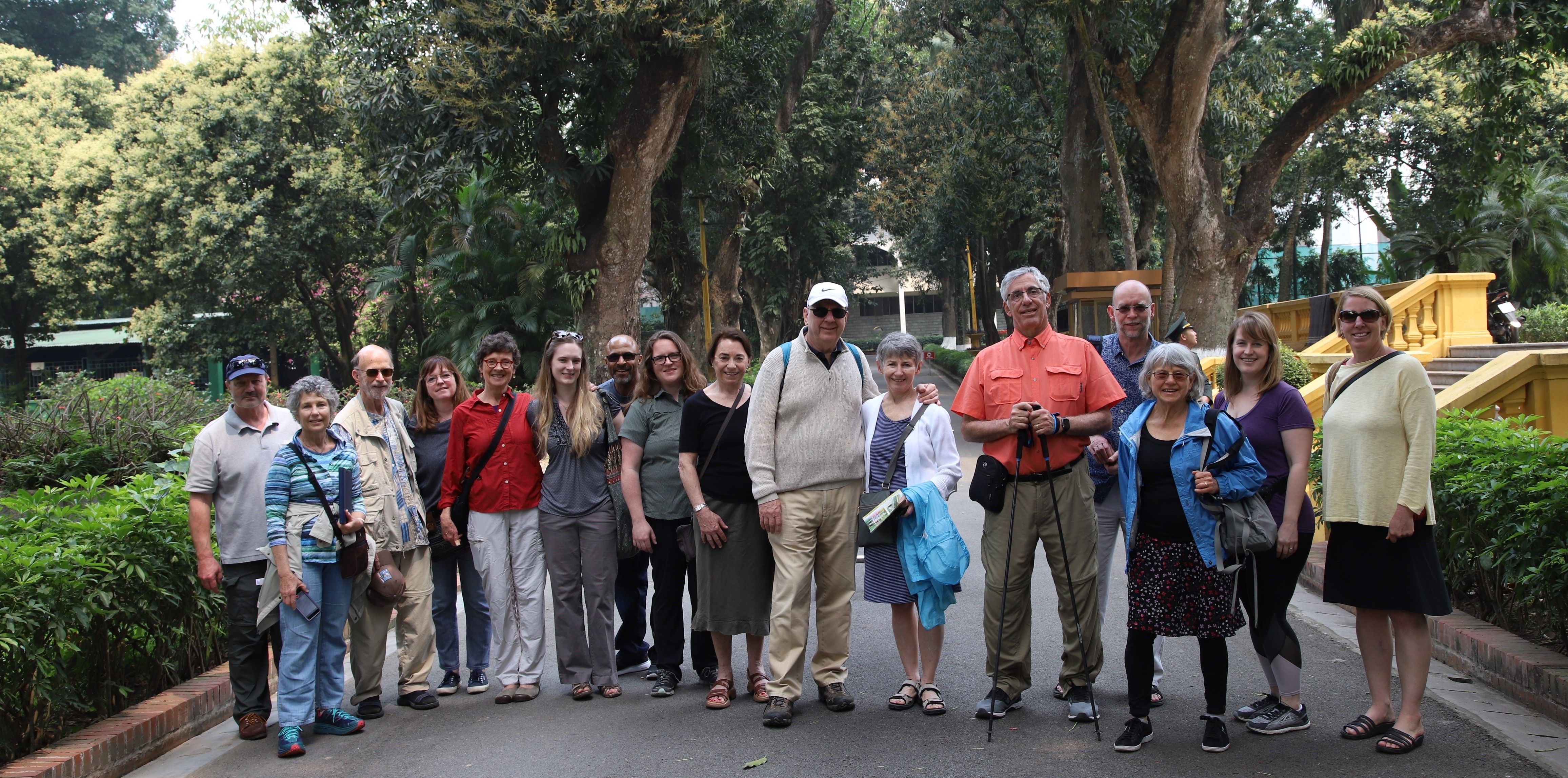
In response to the question: "Did this trip meet your expectations?" Barbara Johns replied "Yes, and more. The depth, intensity, and richness of the experience were more than I could have imagined. PTVN's commitment to the welfare of people, its firm grounding in Viet Nam, and efforts supporting locally identified needs rather than directing projects from the US became more apparent and meaningful as the trip unfolded."
Vietnam Today– A University of Washington Student’s Perspective
As a senior at the University of Washington studying sustainable community development, and an Intern with PeaceTrees Vietnam, I jumped at the chance to be a part of Christoph Giebel’s study abroad program in Vietnam. The trip was connected to UW’s Comparative History and Ideas program and focused on “Building for Peace in the Wake of War.” This past June, our group of 18 university students set out to spend five weeks studying Post-Colonial Vietnam and the American/Vietnam War. After three weeks travelling and in the classroom, we spent our final two weeks working with PeaceTrees Vietnam in Quang Tri province. During the time with PeaceTrees we planted trees, played with children at kindergartens, tiled homes, and got to know the PeaceTrees staff, local high school volunteers, and the greater Quang Tri community. PeaceTrees Vietnam introduced us to a part of Vietnam that we may never have experienced on our own. In Quang Tri, we connected with a community that is linked to the U.S. through our shared history, but is increasingly forgotten by the general American public as the memory of war fades with time. We were given the chance to witness an organization working tirelessly to ensure that the futures of the people of Quang Tri are never forgotten. I believe that the relationships that we students made during our two short weeks in Dong Ha are some of the most meaningful connections that we will ever make. As students, we observed how PeaceTrees is making a physical impact by removing UXOs and restoring land to productive use, and we also witnessed the cultural impact of restoring relations between two countries once at war. For that, my fellow classmates and I will always be grateful.
- Carlie Stowe, UW ‘18 and PeaceTrees Vietnam Intern
